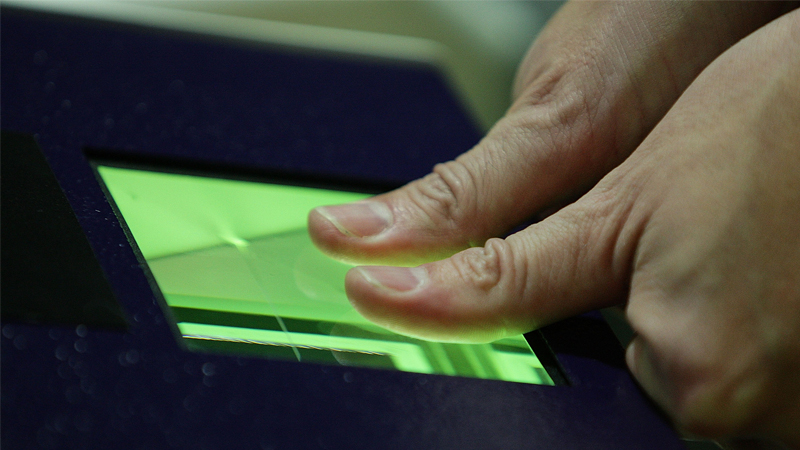Trending
US Travel To Europe Will Require Prior Approval, Biometric Scanning

Traveling to most European countries is about to get more complicated and invasive for American citizens: In spring 2025, you’ll have to first request permission. And you’ll be saying adieu to passport stamps and ciao to facial and fingerprint scans –and having your biometric data stored in an enormous government database.
On Friday, an agency of the European Union announced the updated timing for the European Travel Information and Authorization System (ETIAS), which has first set to roll out in 2024. It applies to travelers from more than 60 countries that are currently exempt from visa requirements. Those countries have an aggregate population of 1.4 billion.
As is the case today, Americans won’t need a visa, but they will need to apply in advance for permission to visit any of 30 EU countries for stays lasting up to 90 days. It will cost about $8 to apply, with requests submitted via the official ETIAS website or ETIAS mobile app. With activation of the process more than a year away, neither is yet configured to collect applications. ETIAS assures the public that most applications will be processed in minutes.
The approval will be tied to your passport, and will be valid for up to three years or until your passport expires, whichever comes earlier. Once you have it, you’ll be able to visit as much as you want, so long as it’s a “short-term stay,” which generally means up to 90 days in a 180-day period.
ETIAS recommends applying for permission “well in advance” of your trip, but doesn’t specify what that means. The agency does caution that the approval period “could be extended by up to 14 days if you are requested to provide additional information or documentation, or up to 30 days if you are invited to an interview.” There’s no indication where such interviews would be conducted or by whom.
Participating countries will no longer give passport stamps that some travelers collect with pride. In a move that’s causing electronic-privacy advocates to sound alarms, you’ll have to submit to both fingerprint and face scans, with the information then stored in the European Commission’s Common Identity Repository (CIR), which is fed by multiple systems, including police agencies.
Even those who trust governments to only use the CIR for good should be wary of the risks of hacking by criminals or other governments, or the demonstrated tendency for rogue employees to give or sell the information to other parties. Of course, none of us should trust governments with massive personal data repositories. Recall that the US Drug Enforcement Agency was caught using information from warrantless intelligence-gathering to unconstitutionally initiate investigations.
The European announcement is one more step toward dystopia, where citizens are little more than tax-cattle to be tagged and tracked as we move from pen to pen across the globe. Naturally, our masters assure us we have nothing to fear…that it’s all for our own safety, particularly in times of danger. As former German interior minister Thomas de Maziere said, “Privacy is nice, but in times of crisis…security comes first.”

Think these guys will pay an $8 fee and ask for permission first?
VIDEO: Top Globalist Announces The End Of Humanity
Read the full article here


















